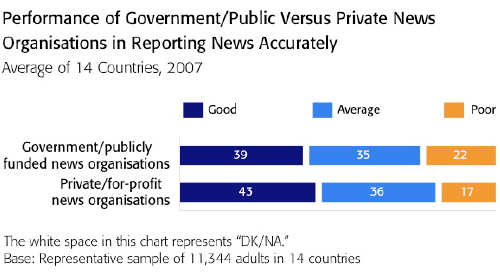Reflecting on reflections of a Newsosaur
A few weeks back I was directed to Alan D. Mutter's site - 'Reflections of a Newsosaur' - because he had published a new white paper about how local newspapers could use new technologies to make up the ground they'd lost to Google on the web.
Rather obtusely, in order to read the paper, you had to email and have it sent to you, rather than being able to download it directly from the web. I left a slightly facetious comment, which Alan didn't publish, to the effect that, since the site didn't have a visible 'Privacy Policy', I was unwilling to just fire off my email address to a stranger.
Credit where credit is due, within a couple of hours he had sent me a benign personalised privacy policy by email, and copies of two of his white papers. Besides "Not your father's Google" he also sent "Beyond Web 2.0", based on a presentation about the development of media given in September 2007.
I did want to take issue with one statement in the "Beyond Web 2.0" paper.
"With consumers empowered to find information (generally for free) from a proliferating number of compelling sources, Media 2.0 is an increasingly democratized, fragmented and inherently ill-organized world. Users are largely agnostic about where they obtain content and barely discerning with respect to such issues as accuracy, bias or commercial influence."
That may be his experience of the average online news and information consumer, but I think the recent results of the BBC World Service survey about news and media outlets suggests that the user is far from agnostic on the issue.
The figures showed that around a fifth of the global media audience had concerns about the accuracy, bias or commercial and non-commercial influences of news sources in their country, and that less than half of the respondents thought mainstream media was doing a very good job.

I found both of his papers to be an interesting read though, and to give a good overview of their topic areas. However, I still think that the distribution method that Mr Mutter has chosen - delivery of a PDF file by return email - will restrict his potential audience, and seems a very Web 0.5 way of promoting his thoughts about Web 2.0 and beyond.